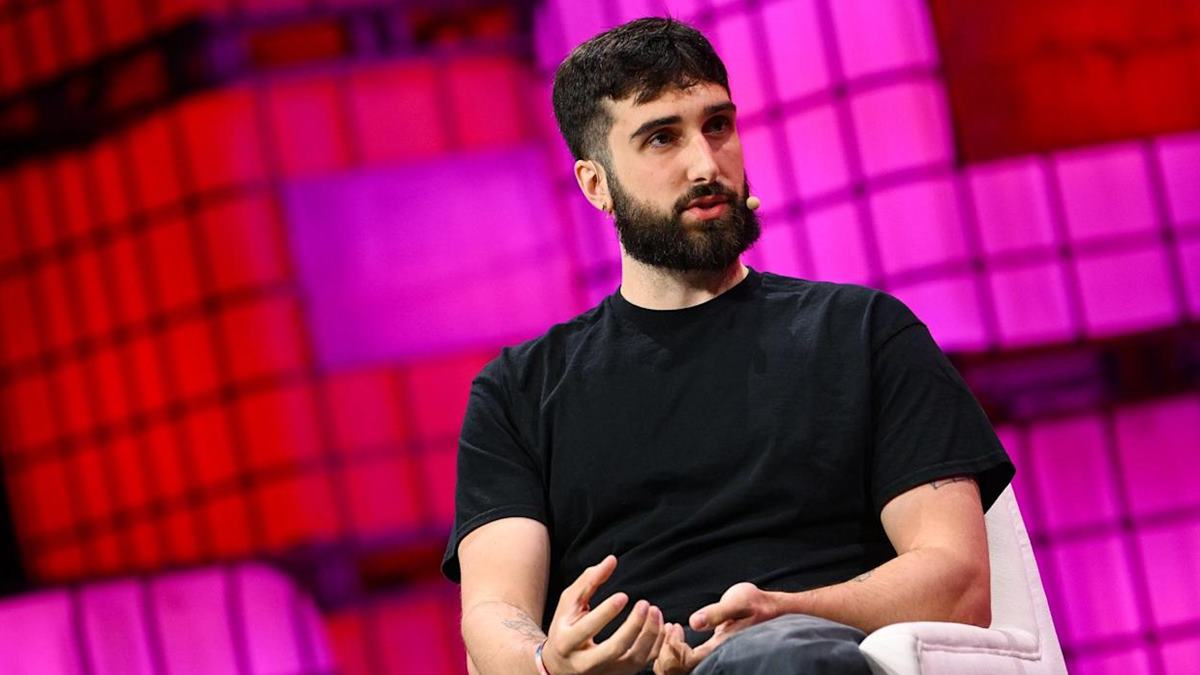As the US government under the Trump administration looks to make alterations to the H-1B visa for foreigners, its implications on the lives of affected people have been more evident than ever. Consider the recently shared account of an Indian-born Google engineer, Surbhi Madan, who considers the H–1B visa to be both a boon and a bane for her life. Madan, who has been in the US since 2017, feels the uncertainty about her life in the US and how it could affect her career in the long run.
Despite a stellar academic background from Brown University and a senior role at Google, she says her life in the United States feels temporary due to the precarious nature of her H-1B visa.
Indian Google engineer talks about H-1B drawbacks
In an interview with Business Insider, Madan described the anxiety that accompanies her professional success. “I’m anxious about making mistakes when I drive or file taxes because I don’t want anything to threaten my stay in the country,” she stated. This constant state of uncertainty affects her everyday life, influencing her decisions from a simple apartment lease, which she always opts for a one-year renewal, to her career aspirations.
The H-1B visa, which was designed to allow US employers to temporarily hire foreign workers in specialty occupations, has become a source of contention in US politics. Madan, who received her visa in 2017, considers herself lucky considering the situation between India and the US back then. However, she highlights the contrast with the current climate for recent graduates.
H-1B prevents her from changing career path
For her, the H-1B visa’s limitations affect not only her career decision, which prevents her from exploring her passion for teaching, but also her personal life. Madan says the H-1B visa makes her hesitant to make long-term plans like having a family.
Madan’s experience came into sharp focus during a conversation with an immigration officer while returning from a foreign trip. When asked about her intentions at the immigration desk, she said she “lived” in the US. However, the officer corrected her, stating, “You don’t live here; you work here.” This moment had deeply impacted her, reinforcing the reality that despite having made the US her home for over a decade, her presence remains conditional.




















